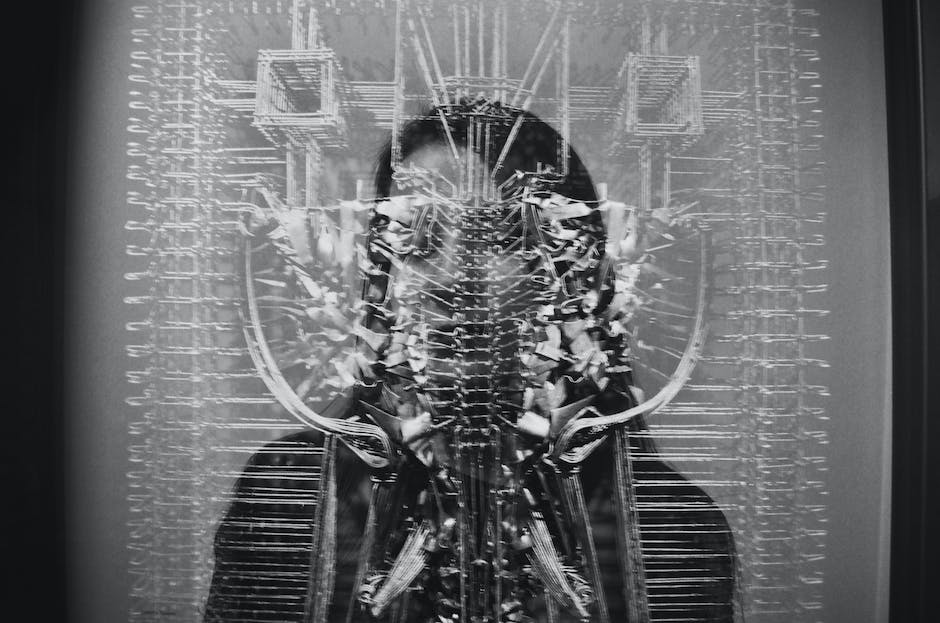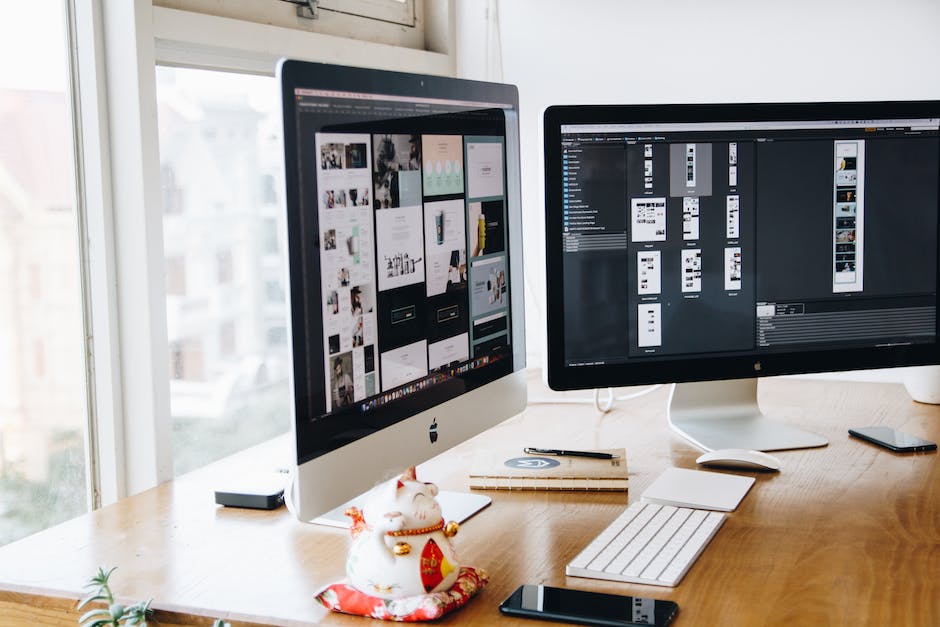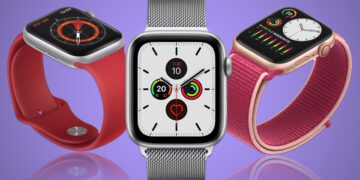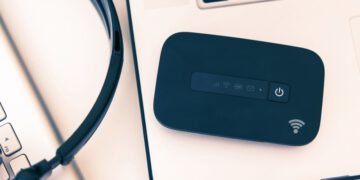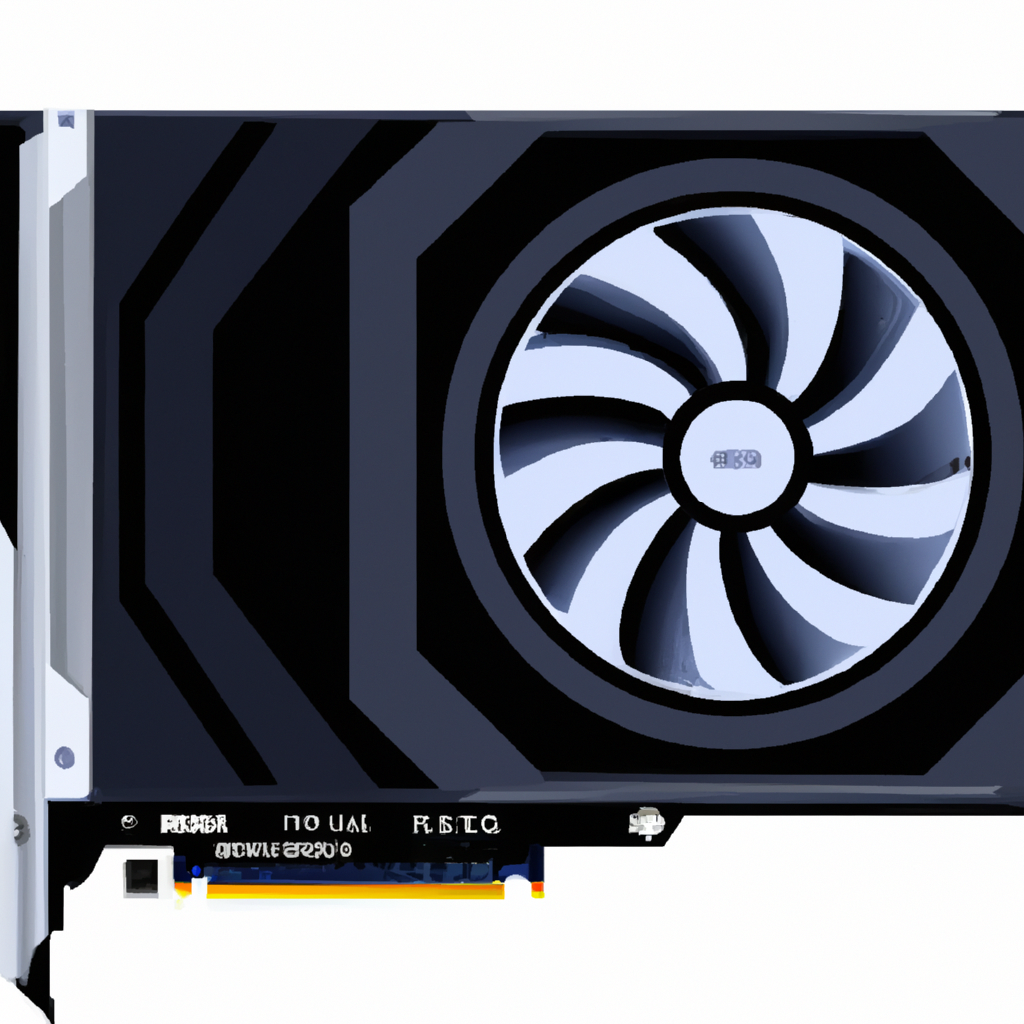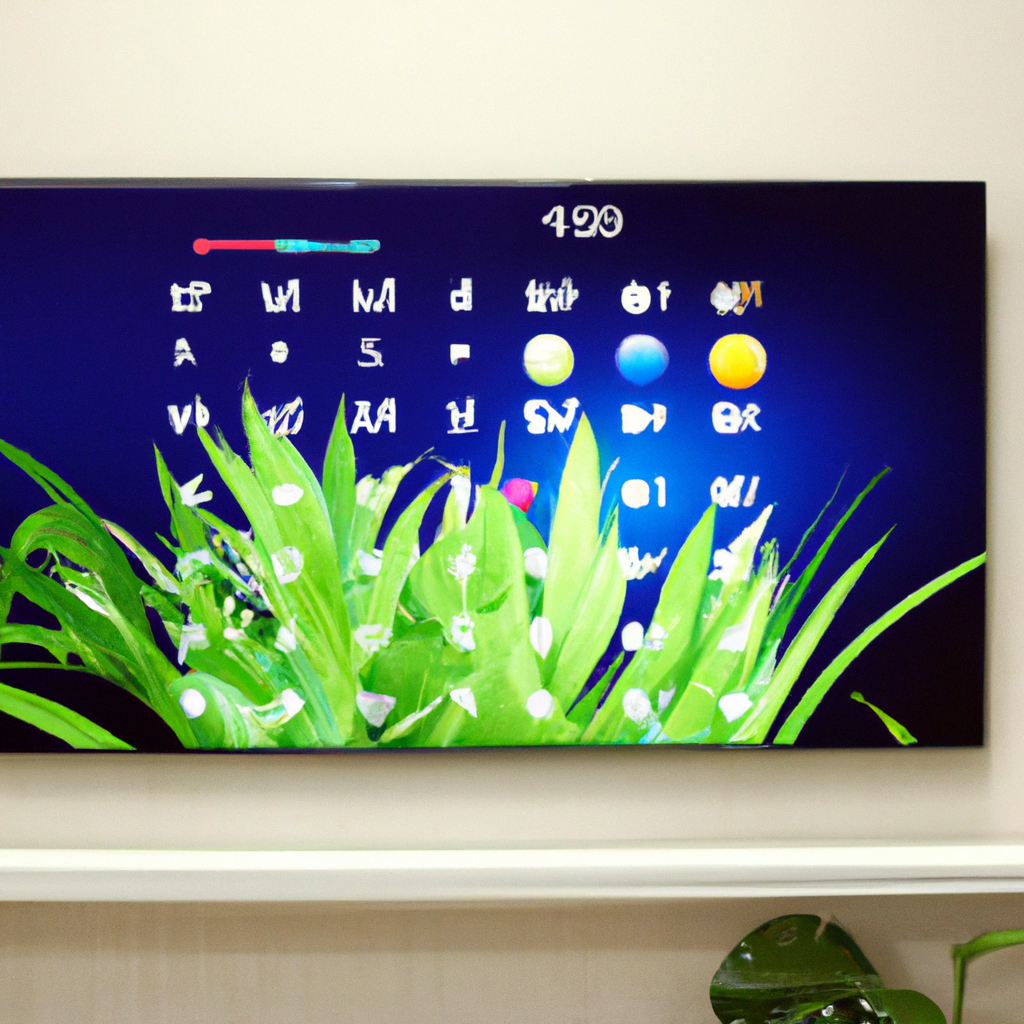-
Table of Contents
The Importance of Regularly Cleaning Your PC
Have you ever wondered why your computer seems to slow down over time? Or why it starts making strange noises or overheating? The answer might be simpler than you think – your PC might just need a good cleaning. Regularly cleaning your computer is an essential part of PC maintenance that many people overlook. In this article, we will explore the importance of regularly cleaning your PC and provide you with 11 important tips to keep your computer running smoothly.
First and foremost, let’s talk about dust. Dust is the number one enemy of your computer. Over time, dust accumulates inside your PC, clogging up the fans and vents. This can lead to overheating, which can cause serious damage to your computer’s components. By regularly cleaning your PC, you can prevent dust from building up and ensure that your computer stays cool and runs efficiently.
Cleaning your PC also helps to improve its performance. When dust accumulates on the internal components, it can interfere with the airflow and cause your computer to work harder than it needs to. This can result in slower performance and longer load times. By cleaning your PC, you can remove the dust and debris that is slowing it down and enjoy a faster, more responsive computer.
Another important reason to regularly clean your PC is to prevent hardware failure. Dust and debris can cause your computer’s components to overheat, which can lead to premature failure. By keeping your PC clean, you can extend the lifespan of your hardware and save yourself the hassle and expense of having to replace it.
Cleaning your PC is not just about removing dust and debris, it’s also about keeping it free from viruses and malware. Viruses and malware can slow down your computer, steal your personal information, and even cause it to crash. By regularly scanning your PC for viruses and malware and keeping your antivirus software up to date, you can protect your computer and keep it running smoothly.
Now that we understand the importance of regularly cleaning your PC, let’s dive into some important tips to help you keep your computer in top shape. First, make sure to shut down your computer before cleaning it. This will prevent any accidental damage and ensure that you can safely access all the components.
Next, use compressed air to blow out the dust from the fans and vents. Be sure to hold the can of compressed air upright and use short bursts to avoid damaging the components. You can also use a soft brush or a vacuum cleaner with a brush attachment to remove dust from the keyboard, ports, and other hard-to-reach areas.
When cleaning the screen, use a microfiber cloth and a screen cleaner specifically designed for electronics. Avoid using harsh chemicals or abrasive materials, as they can damage the screen. For the keyboard, you can use a can of compressed air or a small brush to remove any crumbs or debris.
In addition to physical cleaning, it’s also important to regularly update your software and drivers. Software updates often include important security patches and bug fixes that can improve your computer’s performance and protect it from threats. Similarly, updating your drivers can ensure that your hardware is functioning optimally.
In conclusion, regularly cleaning your PC is essential for maintaining its performance, preventing hardware failure, and protecting it from viruses and malware. By following these 11 important tips, you can keep your computer running smoothly and enjoy a faster, more reliable computing experience. So, don’t neglect your PC’s cleanliness – give it the attention it deserves and reap the benefits of a well-maintained computer.
How to Optimize Your PC’s Performance
Are you tired of your PC running slow and sluggish? Do you find yourself waiting impatiently for programs to load or websites to open? If so, it’s time to optimize your PC’s performance. By following these 11 important PC maintenance tips, you can ensure that your computer runs smoothly and efficiently.
First and foremost, it’s crucial to regularly update your operating system. Software updates often include important security patches and bug fixes that can improve your PC’s performance. By keeping your operating system up to date, you can ensure that your computer is running at its best.
In addition to updating your operating system, it’s also important to keep your drivers up to date. Drivers are software programs that allow your computer to communicate with hardware devices. Outdated drivers can cause compatibility issues and slow down your PC. By regularly updating your drivers, you can ensure that your hardware is functioning optimally.
Another important tip for optimizing your PC’s performance is to remove unnecessary startup programs. When you turn on your computer, certain programs automatically start running in the background. These programs can slow down your PC’s startup time and consume valuable system resources. By disabling or removing unnecessary startup programs, you can speed up your computer’s boot time and improve overall performance.
Furthermore, it’s essential to regularly clean up your hard drive. Over time, your hard drive can become cluttered with temporary files, unused programs, and other unnecessary data. This can slow down your PC and take up valuable storage space. By using disk cleanup tools or manually deleting unnecessary files, you can free up space on your hard drive and improve performance.
In addition to cleaning up your hard drive, it’s also important to defragment it. When files are stored on your hard drive, they can become fragmented, meaning they are scattered in different locations. This can slow down file access times and overall system performance. By regularly defragmenting your hard drive, you can organize files more efficiently and improve performance.
Another important aspect of optimizing your PC’s performance is managing your browser extensions. Browser extensions can be useful, but having too many can slow down your browsing experience. It’s important to regularly review and remove unnecessary extensions to ensure that your browser runs smoothly.
Furthermore, it’s crucial to regularly scan your computer for malware and viruses. Malware and viruses can significantly impact your PC’s performance and compromise your security. By using reputable antivirus software and regularly scanning your computer, you can detect and remove any malicious software that may be slowing down your PC.
Additionally, it’s important to keep your computer physically clean. Dust and debris can accumulate inside your computer, causing it to overheat and slow down. By regularly cleaning your computer’s vents and fans, you can prevent overheating and ensure optimal performance.
Moreover, it’s important to manage your computer’s power settings. By adjusting your power settings, you can optimize your PC’s performance based on your usage needs. For example, you can set your computer to enter sleep mode after a certain period of inactivity, which can save energy and improve performance.
Lastly, it’s crucial to regularly update and run your computer’s maintenance tools. Many operating systems have built-in maintenance tools that can help optimize your PC’s performance. By running these tools regularly, you can identify and fix any issues that may be slowing down your computer.
In conclusion, optimizing your PC’s performance is essential for ensuring that it runs smoothly and efficiently. By following these 11 important PC maintenance tips, you can keep your computer in top shape. From updating your operating system and drivers to cleaning up your hard drive and managing browser extensions, these tips will help you optimize your PC’s performance and enjoy a faster, more efficient computing experience.
Essential Steps for Protecting Your PC from Malware
Are you worried about the security of your PC? With the increasing number of malware attacks, it’s essential to take steps to protect your computer. In this article, we will discuss 11 important PC maintenance tips that you need to know to keep your system safe from malware.
First and foremost, it’s crucial to keep your operating system up to date. Software developers regularly release updates that include security patches to fix vulnerabilities. By installing these updates, you can ensure that your PC is protected against the latest threats.
Another important step is to install a reliable antivirus software. This software will scan your system for any malicious programs and remove them. It’s essential to keep your antivirus software updated as new threats emerge regularly.
In addition to antivirus software, it’s also recommended to install a firewall. A firewall acts as a barrier between your PC and the internet, monitoring incoming and outgoing traffic. It can block unauthorized access and prevent malware from entering your system.
Regularly backing up your data is another crucial step in protecting your PC. In the event of a malware attack or system failure, having a backup will ensure that you don’t lose important files. You can use external hard drives, cloud storage, or backup software to create backups.
It’s also important to be cautious while browsing the internet. Avoid clicking on suspicious links or downloading files from untrusted sources. Malware often spreads through email attachments or malicious websites. By being vigilant, you can minimize the risk of infecting your PC.
Furthermore, it’s essential to regularly scan your PC for malware. Even with antivirus software installed, some threats may go undetected. Running a full system scan at least once a week will help identify and remove any hidden malware.
Keeping your software updated is not limited to the operating system. It’s equally important to update all the applications installed on your PC. Developers release updates to fix bugs and security vulnerabilities, so make sure to install them promptly.
In addition to software updates, it’s crucial to keep your web browser up to date. Browsers often have security vulnerabilities that can be exploited by malware. By updating your browser, you can ensure that you have the latest security features.
Regularly cleaning your PC is also important for its overall performance and security. Remove any unnecessary files, temporary internet files, and cookies. These files can not only slow down your system but also harbor malware.
Securing your Wi-Fi network is another essential step in protecting your PC. Set a strong password for your Wi-Fi router and enable encryption. This will prevent unauthorized users from accessing your network and potentially infecting your PC.
Lastly, it’s important to educate yourself about the latest malware threats and scams. Stay informed about common phishing techniques and be cautious while sharing personal information online. By being aware, you can avoid falling victim to cybercriminals.
In conclusion, protecting your PC from malware requires a combination of preventive measures and regular maintenance. By following these 11 important PC maintenance tips, you can significantly reduce the risk of malware infections and keep your system secure. Stay proactive and keep your PC safe!
Troubleshooting Common PC Issues
Are you tired of dealing with common PC issues? Is your computer running slow or freezing frequently? Don’t worry, you’re not alone. Many people face these problems on a regular basis. The good news is that there are several troubleshooting tips you can follow to keep your PC running smoothly. In this article, we will discuss 11 important PC maintenance tips that you need to know.
First and foremost, it’s crucial to keep your operating system up to date. Regularly installing the latest updates and patches will not only improve the performance of your PC but also enhance its security. These updates often include bug fixes and new features that can make a significant difference in your computer’s performance.
Another important tip is to regularly clean up your hard drive. Over time, your computer accumulates unnecessary files and programs that can slow it down. Use the built-in disk cleanup tool or a third-party software to remove temporary files, old downloads, and unused applications. This will free up valuable space and improve your PC’s speed.
In addition to cleaning up your hard drive, it’s essential to defragment it regularly. Fragmented files can slow down your computer’s performance as it takes longer to access them. The defragmentation process rearranges these files, making them easier to access and improving your PC’s overall speed.
Next, make sure to scan your computer for malware and viruses. Malicious software can cause a wide range of issues, from slow performance to data loss. Install a reliable antivirus program and perform regular scans to keep your PC protected. Additionally, be cautious when downloading files or clicking on suspicious links to avoid malware infections.
If your computer is still running slow, consider upgrading your hardware. Adding more RAM or replacing your hard drive with a solid-state drive (SSD) can significantly improve your PC’s performance. These upgrades can be relatively inexpensive and are often worth the investment.
Furthermore, it’s important to keep your PC’s drivers up to date. Drivers are software that allows your hardware to communicate with your operating system. Outdated drivers can cause compatibility issues and performance problems. Check for driver updates regularly and install them as needed.
Another common issue that many PC users face is overheating. When your computer gets too hot, it can lead to performance issues and even hardware damage. Ensure that your PC is properly ventilated and clean the dust from its fans regularly. Consider using a cooling pad or an external fan to keep your computer cool, especially during intensive tasks.
Additionally, organizing your desktop and minimizing the number of startup programs can improve your PC’s performance. Having too many icons on your desktop can slow down your computer, as it takes longer to load them. Similarly, having too many programs running in the background can consume valuable system resources. Disable unnecessary startup programs to speed up your PC’s boot time.
Lastly, don’t forget to back up your important files regularly. Hard drives can fail, and accidents can happen. By regularly backing up your files, you can avoid losing valuable data. Use an external hard drive, cloud storage, or a combination of both to ensure that your files are safe and easily recoverable.
In conclusion, troubleshooting common PC issues doesn’t have to be a daunting task. By following these 11 important PC maintenance tips, you can keep your computer running smoothly and avoid common problems. Remember to keep your operating system up to date, clean up your hard drive, scan for malware, consider hardware upgrades, update your drivers, prevent overheating, organize your desktop, minimize startup programs, and regularly back up your files. With these tips in mind, you’ll be able to enjoy a faster and more reliable PC experience.
Q&A
1. What are some important PC maintenance tips?
– Regularly update your operating system and software.
– Run antivirus scans to detect and remove malware.
– Clean your computer’s hardware, such as the keyboard and mouse.
– Keep your hard drive organized by regularly deleting unnecessary files.
2. How often should you update your operating system and software?
– It is recommended to update your operating system and software as soon as updates become available.
3. Why is it important to run antivirus scans?
– Antivirus scans help detect and remove malware, protecting your computer from potential security threats.
4. How can you keep your hard drive organized?
– Regularly delete unnecessary files and folders, use disk cleanup tools, and organize files into appropriate folders to keep your hard drive organized.In conclusion, understanding and implementing these 11 important PC maintenance tips can greatly enhance the performance and longevity of your computer. Regularly updating software, running antivirus scans, cleaning out temporary files, and managing storage space are just a few of the key practices that can help keep your PC running smoothly. Additionally, taking precautions such as using surge protectors, backing up important data, and avoiding harmful websites can further protect your computer from potential damage. By following these tips, you can ensure that your PC remains in optimal condition and continues to serve you effectively.


